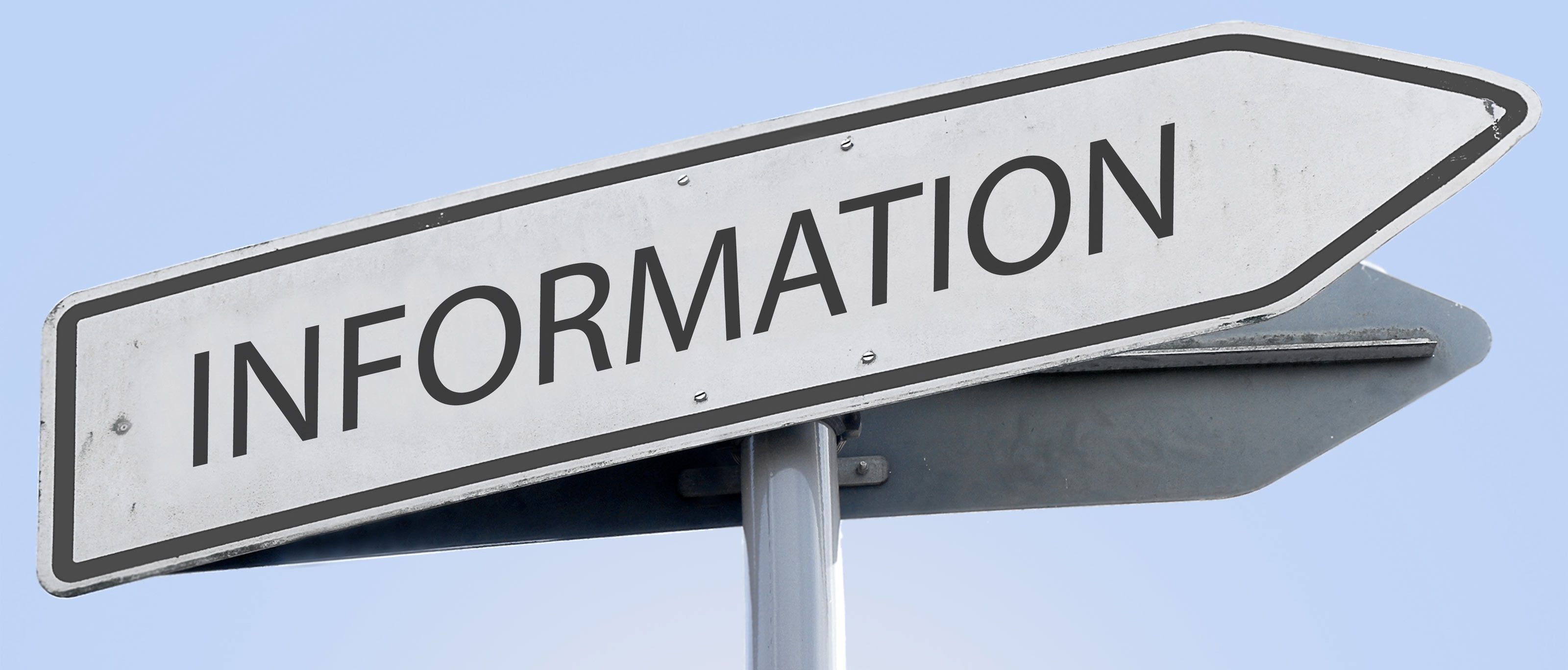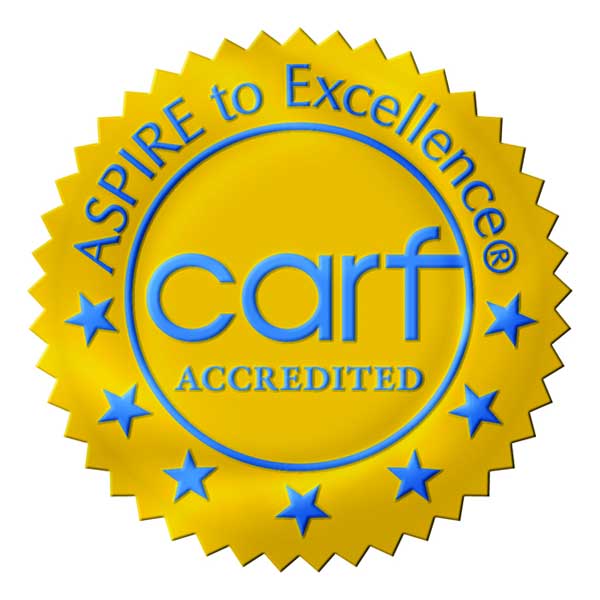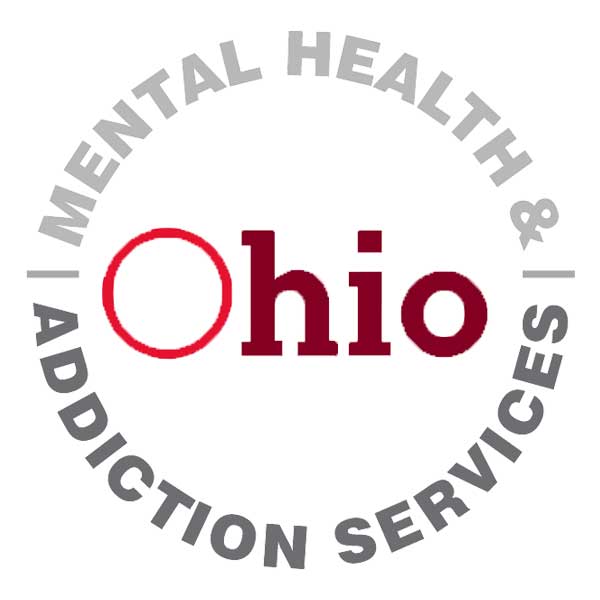Red Flags You Don’t Want to Ignore

It can be hard for parents to define when substance use becomes substance abuse. You can use a checklist or quiz to help them determine if there is an ongoing issue. There are also some red flags that you should not ignore.
If your child is experiencing these events, it is time to get help as soon as you can. ASAP schedules assessments most days of the week, and we will try to get you in within 72 hours. Call us at 513.792.1272 for more information or to get started. Clients can start recommended programs at the next session.
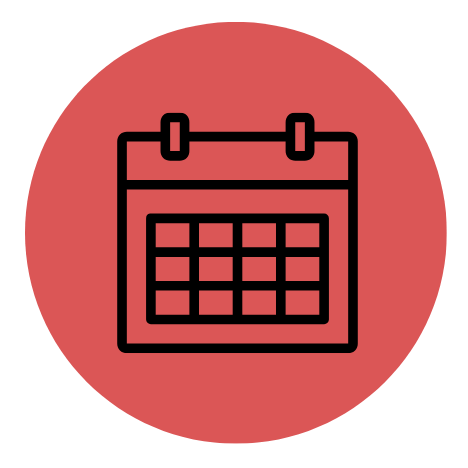 Regular Use Regular Use
How often does your child use? Does it occur on a regular basis (a few times a month or more often) or in a pattern? While more half of teens try alcohol or other drugs at least once in high school, few of them use more than 2-3 times. Only about 10% of teens use once a week or more often, and they usually meet the criteria for a substance use disorder and need help to stop using. |
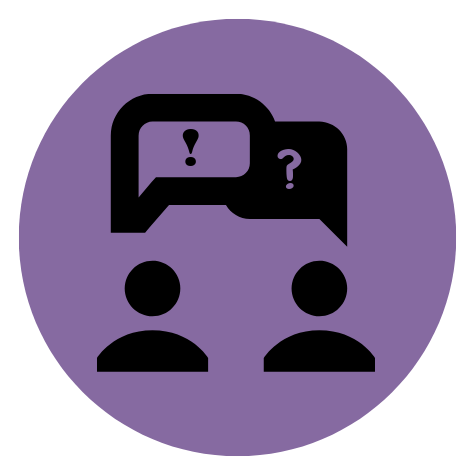 Lying Lying
Has your child told you they have only had a couple of drinks (or one hit of pot) when you know or strongly suspect they are using more? Have you found out that your child isn’t where they are supposed to be? Some people think that they don’t have a problem as long as others don’t know about it. Continuing to ignore a problem is a red flag. |
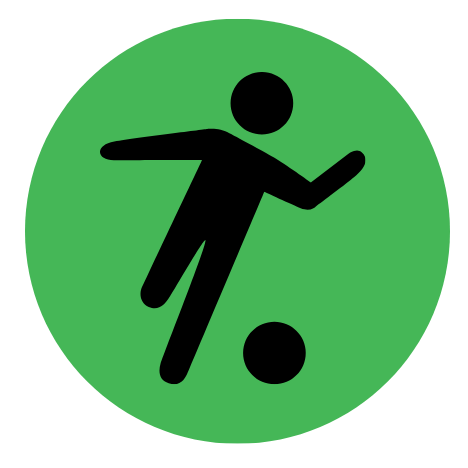 No Fun No Fun
How does your child like to have fun? Have you noticed that your child is reluctant to socialize sober or do activities they used to do? Changing friends (especially to ones you don’t know) or dropping out of activities they once enjoyed is another sign of an issue with substances. |
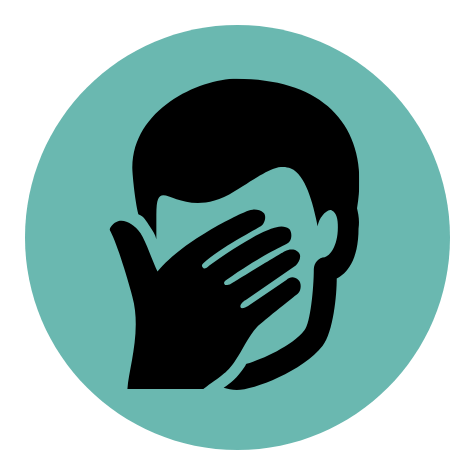 Hangovers Hangovers
Hangovers are your body’s way of saying you consumed too much alcohol or other drugs. If your child is ill in the morning, look for signs of a hangover. If it happens more than once, it is a sign that they are frequently consuming a large amount of alcohol or other drugs. This is another red flag. |
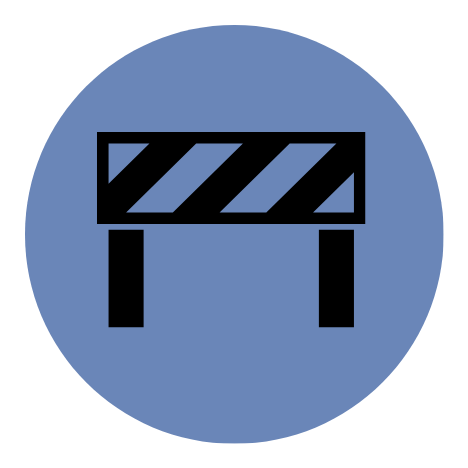 Risky Use Risky Use
Typical teen use is infrequent, in social settings, and in small amounts. They are experimenting with being an adult, and they may equate substance use with adulthood (which is a whole topic in itself). Using alone, during the day, or before school or work are signs of a significant problem. If your child has started to use at school or work, the problem has escalated even further. |
 Blackouts Blackouts
Blacking out is different from passing out. When a person blacks out, their brain no longer creates new memories. They will continue to remain awake, and they often act in strange, embarrassing, or more wild than when sober or even slightly drunk or high. If your child can’t remember what happened when they were drunk or high, it is a sign of a significant problem. |
[ssba]



 Regular Use
Regular Use Lying
Lying No Fun
No Fun Hangovers
Hangovers Risky Use
Risky Use Blackouts
Blackouts
